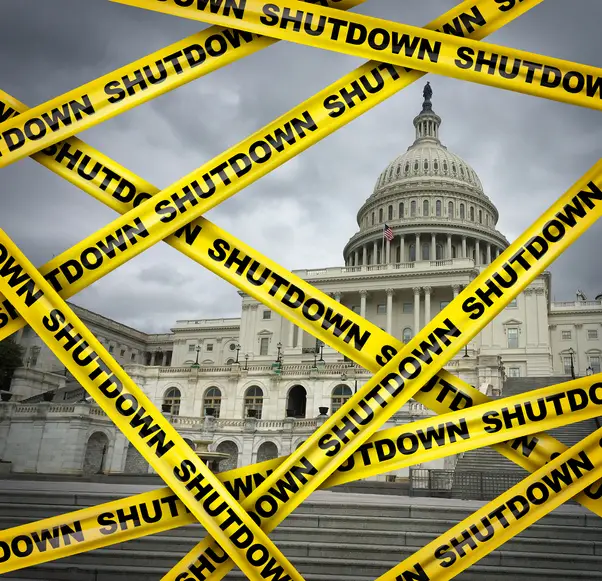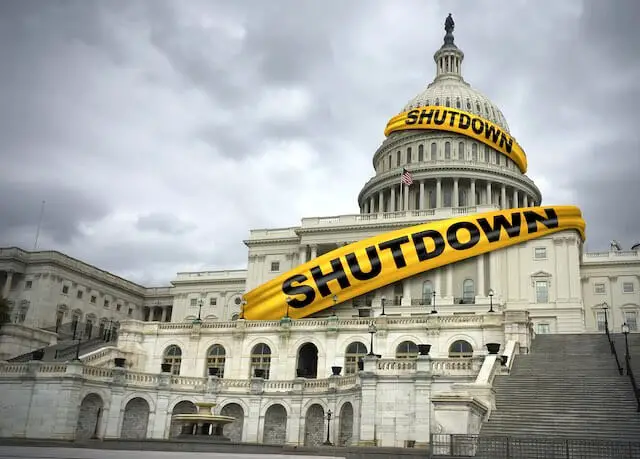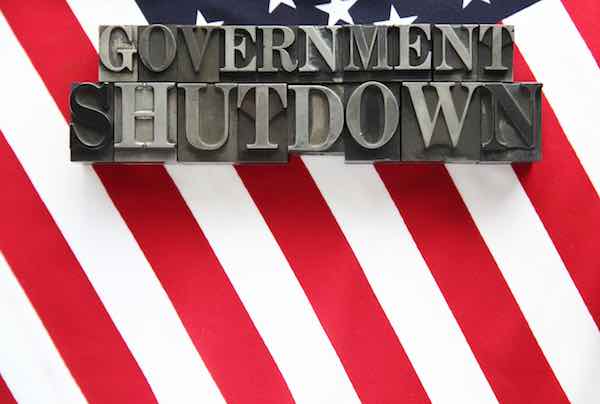The federal government’s fiscal year currently runs from October 1 to September 30. Senator Tim Kaine (D-VA) thinks changing it to match the calendar year would help prevent government shutdowns.
Kaine recently introduced the Modernizing the Federal Calendar Act (S. 2950) which would switch the fiscal year to run concurrent with the calendar year. Instead of starting on October 1, the bill would switch it to January 1.
He said in a statement:
During my time in the Senate, Congress has never passed year-long government funding by the October 1 deadline and instead relies on short-term stopgap funding bills to kick the can down the road. This hurts us because federal agencies aren’t able to plan for the next year, making it difficult to carry out existing federal programs and activities that millions of Americans rely on. That’s why I’m introducing a bill to reduce the prevalence of stopgap funding and eliminate the October shutdown threat by making the end of the fiscal year align with the end of the calendar year, when Congress has historically passed a full-year government funding bill. With this commonsense reform, we can provide more certainty for the American people.
Is Kaine correct? Would a change in the fiscal year calendar help prevent government shutdowns?
Historical evidence would seem to suggest he is correct.
The Congressional Budget and Impoundment Control Act of 1974 is the law that put the current structure of the government’s fiscal year into place. It was signed into law in July 1974. Among other things, it shifted the start of the government’s fiscal year from July 1 to October 1.
Kaine’s argument in introducing the legislation is that since that time, Congress has only passed four year-long government funding bills for all 12 appropriations bills by the October 1 deadline. He believes Congress is more likely to have a year-long funding bill in place by the start of a calendar year.
According to Pew Research Center, the last time Congress managed to pass all 12 appropriations bills by the start of the October 1 fiscal year was in 1996. In 11 of the last 13 years, Congress has failed to pass a single spending bill prior to October 1. Congress instead has often relied on continuing resolutions as was just done with the latest government shutdown situation. The current continuing resolution expires on November 17, 2023.
Pew Research Center writes, “In short, the typical appropriations process isn’t the orderly one laid out in the 1974 Congressional Budget Act. Instead, it’s a hodgepodge of late budget blueprints, temporary spending measures to keep the government running, and sprawling omnibus appropriations packages that often are passed in the waning days before one Congress ends and the next one begins.”
Kaine also recently introduced legislation to end government shutdowns by automatically initiating a continuing resolution on October 1 if funding was not in place. The End Shutdowns Act would keep the government’s funding at the same level as the previous year in the automatic continuing resolution it established. Companion legislation was also introduced in the House by Congressman Don Beyer (D-VA).
Do you think changing the federal government’s fiscal year to match the calendar year would help prevent partial government shutdowns? Feel free to share your opinion in the comments below.





